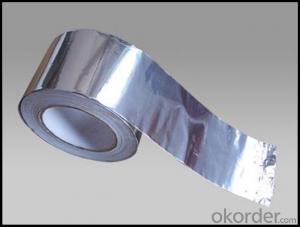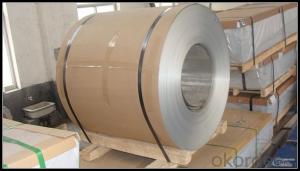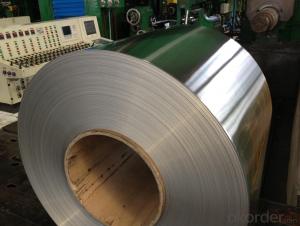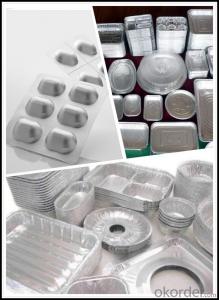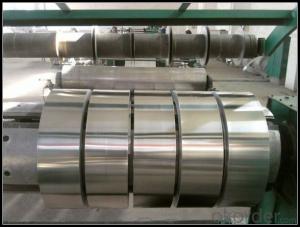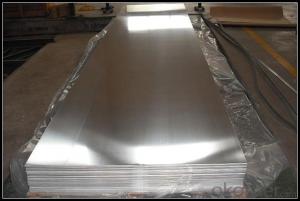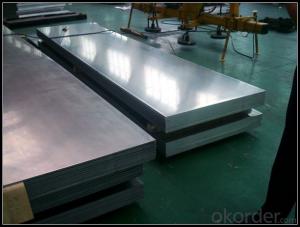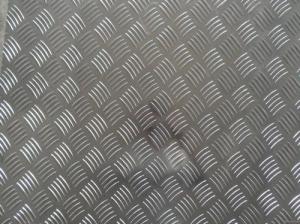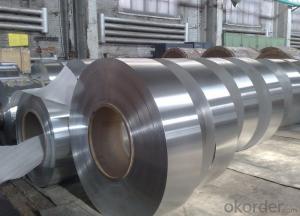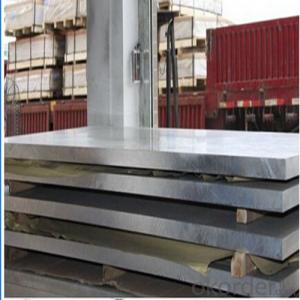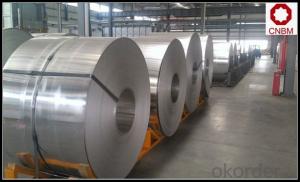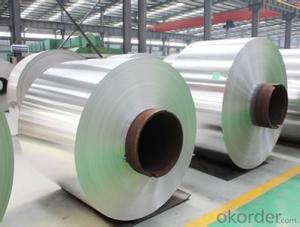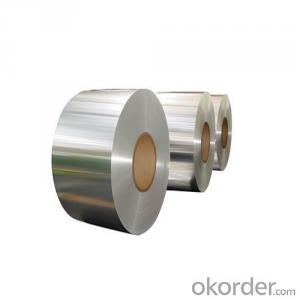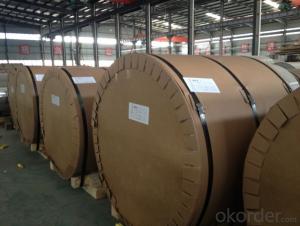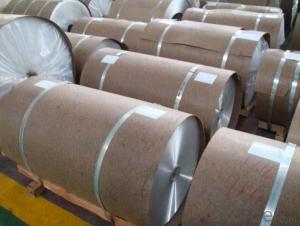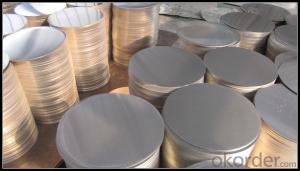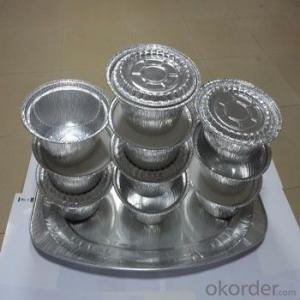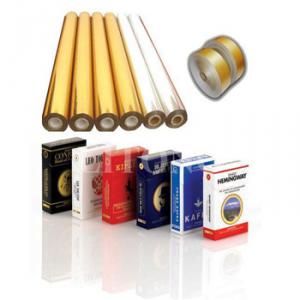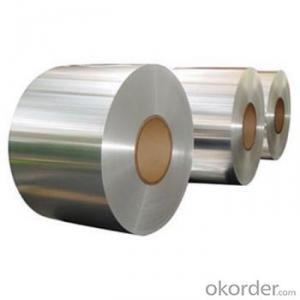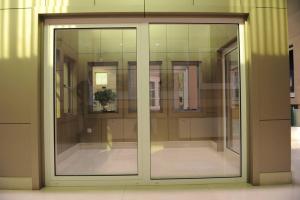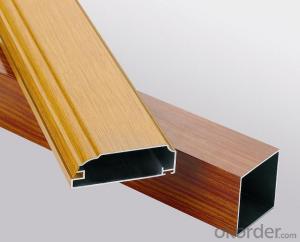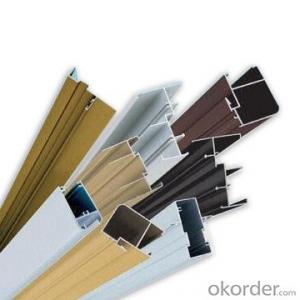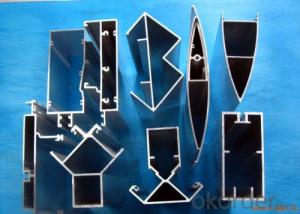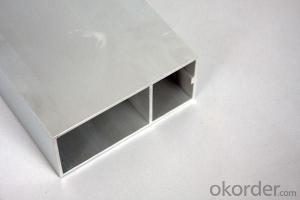All Categories
- - Steel Wire Rod
- - Steel Coils
- - Steel Profiles
- - Steel Pipes
- - Stainless Steel
- - Tinplate
- - Special Steel
- - Steel Sheets
- - Steel Rebars
- - Steel Strips
- - Hot Rolled Steel
- - Cold Rolled Steel
- - Pre-painted Steel
- - Seamless Steel Pipe
- - Welded Steel Pipe
- - Hollow Steel Tubes
- - Galvanized Pipe
- - Stainless Steel Coil
- - Stainless Steel Sheet
- - Stainless Steel Plate
- - Stainless Steel Strips
- - Electrolytic Tinplate Coil
- - Electrolytic Tinplate Sheet
- - Stainless Steel Rebars
- - Solar Panels
- - Solar Water Heater
- - Solar Related Products
- - Solar Inverter
- - Solar Cells
- - Solar Light
- - Solar Energy Systems
- - Solar Controllers
- - Solar Mounting System
- - Solar Pump
- - Solar Chargers
- - Fiberglass Chopped Strand
- - Fiberglass Mesh Cloth
- - Composite Pipes
- - FRP Pultrusion Profiles
- - Fiberglass Mat Tissue
- - Fiberglass Fabrics
- - Fiberglass Mesh
- - Composite Tank
- - Fiberglass Mesh tape
- - Polymer
- - FRP Roofing Panel
- - Fiberglass Roving
- - Monolithic Refractories
- - Ceramic Fiber Products
- - Refractory Bricks
- - Raw Materials For Refractory
- - Suspended Platform
- - Cranes
- - Concrete Machinery
- - Earthmoving Machinery
- - Building Hoist
- - Road Building Machinery
- - Plastic Pipe Fittings
- - Plastic Tubes
- - Plastic Sheets
- - Agricultural Plastic Products
- - Plastic Nets
 All Categories
All Categories
Aluminum StripsView More
Aluminum SheetsView More
Aluminum CoilsView More
Aluminum FoilsView More
Aluminum ProfilesView More
Q & A
How does aluminum alloy differ from regular aluminum?
Aluminum alloy differs from regular aluminum in that it is a combination of aluminum with one or more other elements, such as copper, magnesium, or zinc. This alloying process enhances the strength, hardness, and corrosion resistance of aluminum, making it more suitable for various applications. Regular aluminum, on the other hand, refers to pure aluminum without any additional elements, which is softer and less durable compared to aluminum alloy.
What environmental hazards are associated with aluminum products?
One of the main environmental hazards associated with aluminum products is the extraction and processing of aluminum ore, which requires a significant amount of energy and contributes to greenhouse gas emissions. Additionally, the production of aluminum products often involves the use of toxic chemicals, such as fluoride compounds, which can leach into the environment and harm ecosystems. Improper disposal of aluminum products, particularly in landfills, can also lead to the release of toxic substances and contribute to soil and water pollution.
How many different types of aluminum material are there?
There are various types of aluminum materials available, but the most commonly used types include aluminum alloy, cast aluminum, and wrought aluminum.
Wholesale Aluminum from supplier in Sweden
We are a Aluminum supplier serving the Sweden, mainly engaged in the sale, quotation, and technical support services of various Aluminum products in the Sweden region. We are a subsidiary platform of the Fortune Global 500 company CNBM, able to provide you with one-stop Aluminum procurement services in the Sweden. Not only do we have a wide range of Aluminum products, but after years of market development in the Sweden, we can also provide valuable experience for your projects.
